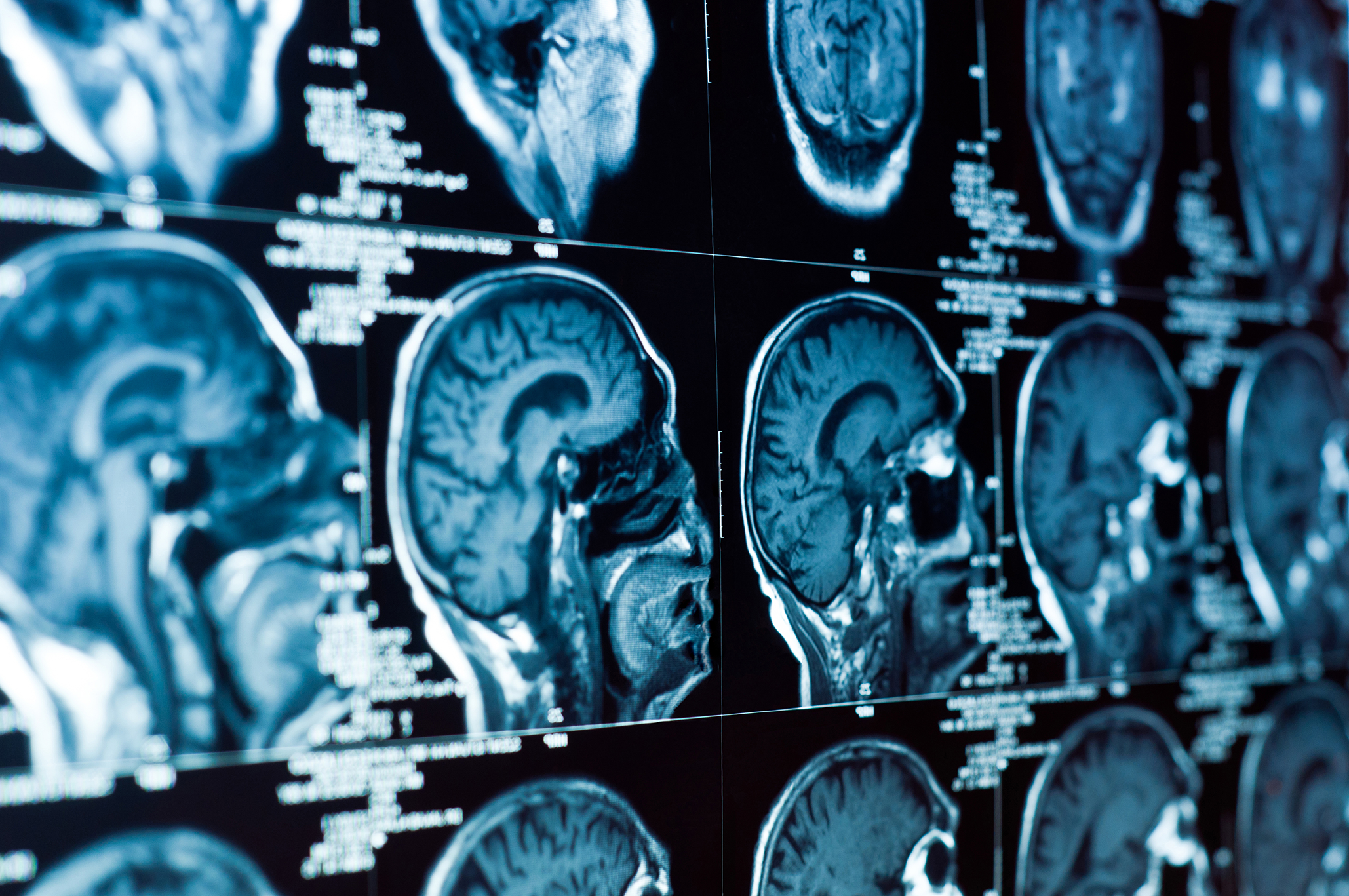Sometimes called a mild traumatic brain injury, a concussion is caused by a blow or jolt to the head. The injury keeps the head from working normally. Symptoms of concussion may last for less than a day or linger for months.
At the Center for Brain and Neuro Care, we focus on assessment, diagnoses, and in-depth treatment, to ensure your best recovery. We are committed to evaluating and managing concussed patients using a comprehensive, multidisciplinary approach dedicated to patients fast recovery.
We offer follow-up care until your full recovery and perform evaluations
to assess when it is safe for you to return to work, school, or sports.





